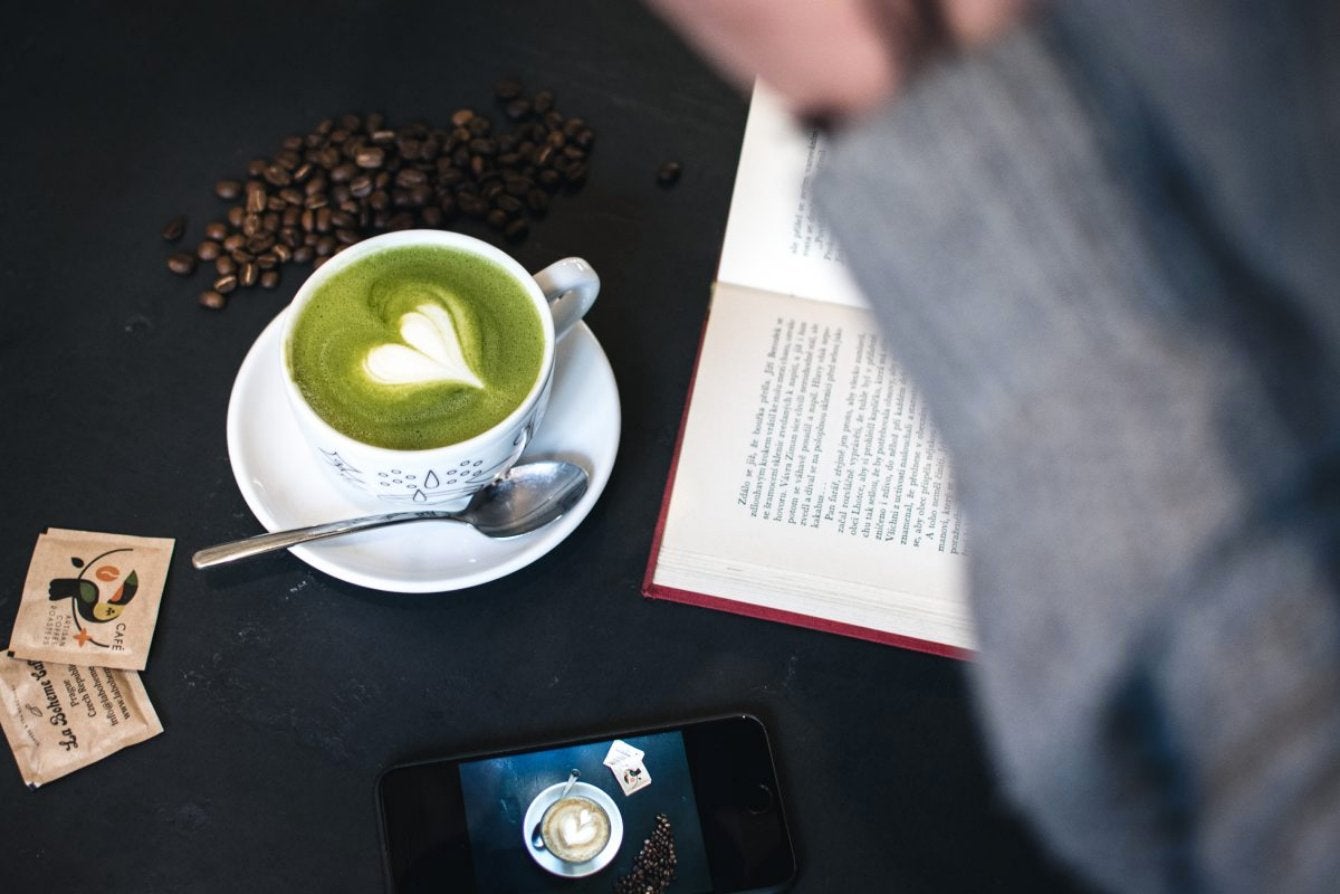With the Midterm season approaching, and an imposing amount of schoolwork on the horizon, it’s easy to feel crushed under the weight of stress. Between our academic, social, and professional lives, we students juggle so many different demands. Being a student in and of itself is stressful, but it becomes even more so when our academic lives demand so much more during exam season. As we enter this taxing time, it is critical to practice healthy coping skills to manage stress and get through exam season successfully.
As a Presidential Scholars student, I’m extremely familiar with the plights of academic stress. During my first semester at FIT, I was taking 6 classes for a total of 18 credits. Being a fresh faced bright eyed freshman, I had no idea what was awaiting me come midterm exams. I found myself crushed under the immense weight of studying for six different tests and on top of that, completing two projects worth 20% of my grade.
Although the experience was challenging, it forced me to develop and refine my response to stress. Now, having completed two semesters at FIT, and therefore two rounds of midterm exams, I feel that I am going into this next exam season with a proven line of defense against stress. These strategies have worked well for me throughout highschool and into college, and they might just help you too.
EFT Tapping
When I was a freshman in high school, my therapist suggested I start doing Emotional Freedom Technique (EFT) tapping to calm my anxiety and reduce stress. It is now one of my go-to habits to manage troubling emotions. According to the Cleveland Clinic, EFT “involves tapping specific points on your body while focusing on an emotion or issue you want to release.”
I like to start by identifying the problem, and allowing myself to simply sit and observe my emotions surrounding it. Once I’ve sat with the distressing feelings, I start tapping the following points in this order.
- Top center of the head
- Between the eyebrows
- Both temples of the head
- Cheek below the eye
- Between the nose and lips
- Center of the chest
- Under one armpit (4 inches below)
While tapping, focus on taking deep breaths in and out through your nose. I tap each point for three breaths and move on. This practice feels similar to mediation, but the physical tapping component makes it more engaging.
Clean and Declutter
I am a stress cleaner to my core. If I am experiencing mental clutter, I find decluttering my physical spaces helpful, as they are an extension of my mental space. The act of cleaning provides an opportunity to slow down and enjoy mental down time, which is especially important during midterms when you’re required to operate at full mental capacity. Aside from the actual act of cleaning, when the task is done the brain releases healthy dopamine (unlike the dopamine you receive from scrolling on TikTok), providing a sense of accomplishment. If you aren’t someone that enjoys cleaning your room or living area, consider organizing your email inbox or camera roll for the same effect.
Look Good, Feel Good
If there is one thing that FIT students know best, it is that your outfit and appearance can change everything. When I am feeling overwhelmed and despairing at the demand of my coursework, I like to put on something that makes me feel confident. When I know I look good on the outside, it helps me to feel better on the inside. However, this doesn’t always have to mean wearing a full outfit to school. It could be something as simple as curling your eyelashes, wearing some jewelry, or putting a little extra time into your makeup. Anything that makes you feel confident in your appearance can help spread that feeling from the outside in.
Exercise
This is a suggestion that everyone has probably heard before, but for good reason. Practicing exercise is great for both mental and physical health. The release of endorphins (the brain’s feel good chemicals) helps to reduce stress, improve overall mood, and can actually help your test performance. In a study published in Neuroscience from Dartmouth College, researchers found that for people who exercise regularly, performing exercise before a mentally demanding task significantly improved performance. This is great news for FIT students who have access to a myriad of free group fitness classes offered by the school.
Get Creative
For the unconventional minds of FIT, creativity comes naturally. However, when coursework is piling up, it’s easy to abandon our creative outlets in exchange for our academic pursuits. During times of high stress and academic demand, carving out time to be creative is vital for mental wellbeing. Activities like painting, drawing, sculpting, and the like provide physical and mental engagement that distracts from stressors and eases anxiety.
Lean on Friends and Family
Perhaps the most important thing that I do during midterm is leaning on my friends and family for support. Connecting with loved ones helps me realize I am not alone, and that all my friends are likely experiencing the same academic stresses with their own exams. Although this time of year is immensely stressful, it is a great opportunity to get together with your friends and do something stress relieving. Whether that is a morning walk, a group pilates class, or a painting night, these stress relieving activities are even more effective when done with people you love.
Although midterm season is a challenging time of year, there are various ways to manage the stress and come out strong on the other side. Of course, what works for me might not necessarily work for you, so take this midterm season to experiment with some different stress management techniques. Through trial and error, you can find a combination that makes exam season more manageable. Good luck, and remember, as much as it might not feel like it, this stressful period will pass, and your grades will not define you.




